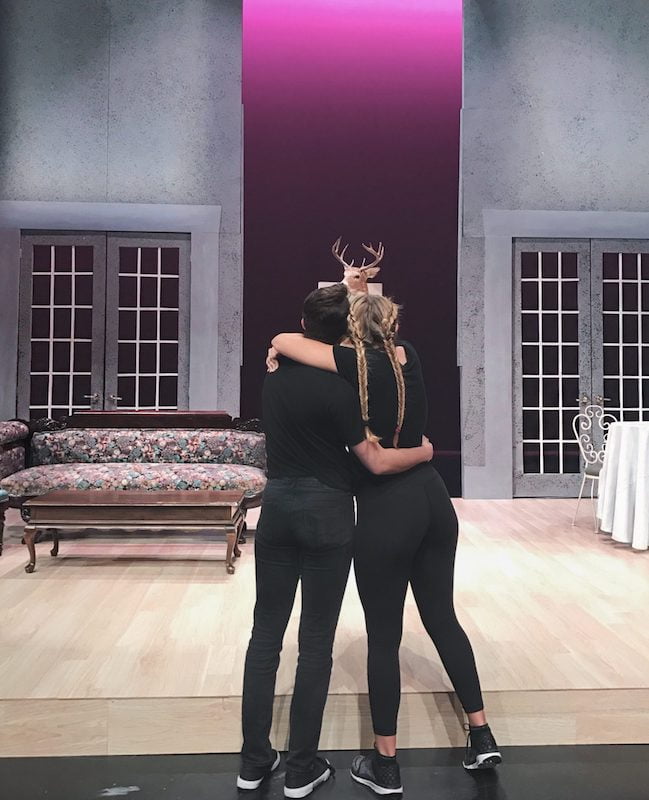How the Arts Bring Communities Together
Want Stronger Communities? Create a Bridge to the Arts.
New Knight Foundation report suggests arts and cultural opportunities can increase community attachment.
Author: Lucas Bernays Held

Over the past decade and a half, The Wallace Foundation has worked with dozens of arts organizations and experienced researchers to better understand effective strategies arts organizations can use to build audiences. We’ve also sought to understand how government policies can support these efforts.
Underlying this work is a firm belief in the benefits of the arts. As described by RAND’s Gifts of the Muse, which was commissioned by Wallace, the arts can confer benefits for individuals, such as enjoyment, learning and new perspectives, as well as community-level benefits like social capital, community identity, and new relationships among people.
Of course, Wallace is hardly the only philanthropy supporting the arts.
In a recent speech at the National Museum of American History, Alberto Ibarguen, president and chief executive officer of the Knight Foundation, offered another community-level perspective on why the arts are important in American life. His speech draws on a new report (Knight Soul of the Community:Why People Love Where They Live and Why It Matters: A National Perspective) that contains findings highly consistent with those in Gifts.
Here’s some of what Ibarguen said:
Over the course of three years—from 2009 to 2011—Knight and Gallup spoke with 43,000 people in 26 communities around the country. Our question was simple: What attaches people to the place where they live? The study was called ‘Soul of the Community’ and we found that, contrary to conventional wisdom, social offerings and aesthetics bind people to place and to each other even more than what we had expected: education or jobs.
Art binds. Culture generates social capital and strengthens a community’s character. Art brings people together physically—at galleries, museums, performance spaces—and culturally, through its capacity to tell a community’s shared story, to inspire reflection, and form connections that transcend differences.
The insight that art and culture bind people to place has animated our work ever since the Gallup study. It inspired the launch of the Knight Arts Program, which, over the last 10 years, has awarded more than $270 million to artists and art institutions in eight cities across the country. That includes $125 million in Miami, which has been ground-zero for our efforts.
In the study, the Gallup organization asked people how attached they were to their communities. They then asked about residents’ perceptions of various community attributes and analyzed the correlation between those perceptions and the level of community attachment.
While the findings don’t prove causality, they suggest, as the report notes that “other factors, beyond basic needs, should be included when thinking about economic growth and development. These seemingly softer needs have an even larger effect than previously thought when it comes to residents’ attachment to their communities.”
The 10 top correlations between offering and attachment are ranked below, with social offerings topping the list, followed by openness, aesthetics (including architecture and parks), education and basic services.

In 2010, the most recent year of the study, Gallup probed more deeply into what was behind “social offerings” and expanded the list to include “arts and cultural opportunities” and “social community events.” The results are below, suggesting that “arts and cultural opportunities” matter a great deal.

This is a far cry from the commonly heard idea that the arts are elitist, and it suggests, at a minimum, that residents’ perception of a community’s arts and culture offerings correlates with their sense of connection to that community. Put another way, the arts may be an important way (though probably not the only one) for people in communities to come together through shared, meaningful experiences. It also underscores the value of finding ways for arts organizations to expand their audiences, and connect with their communities.



